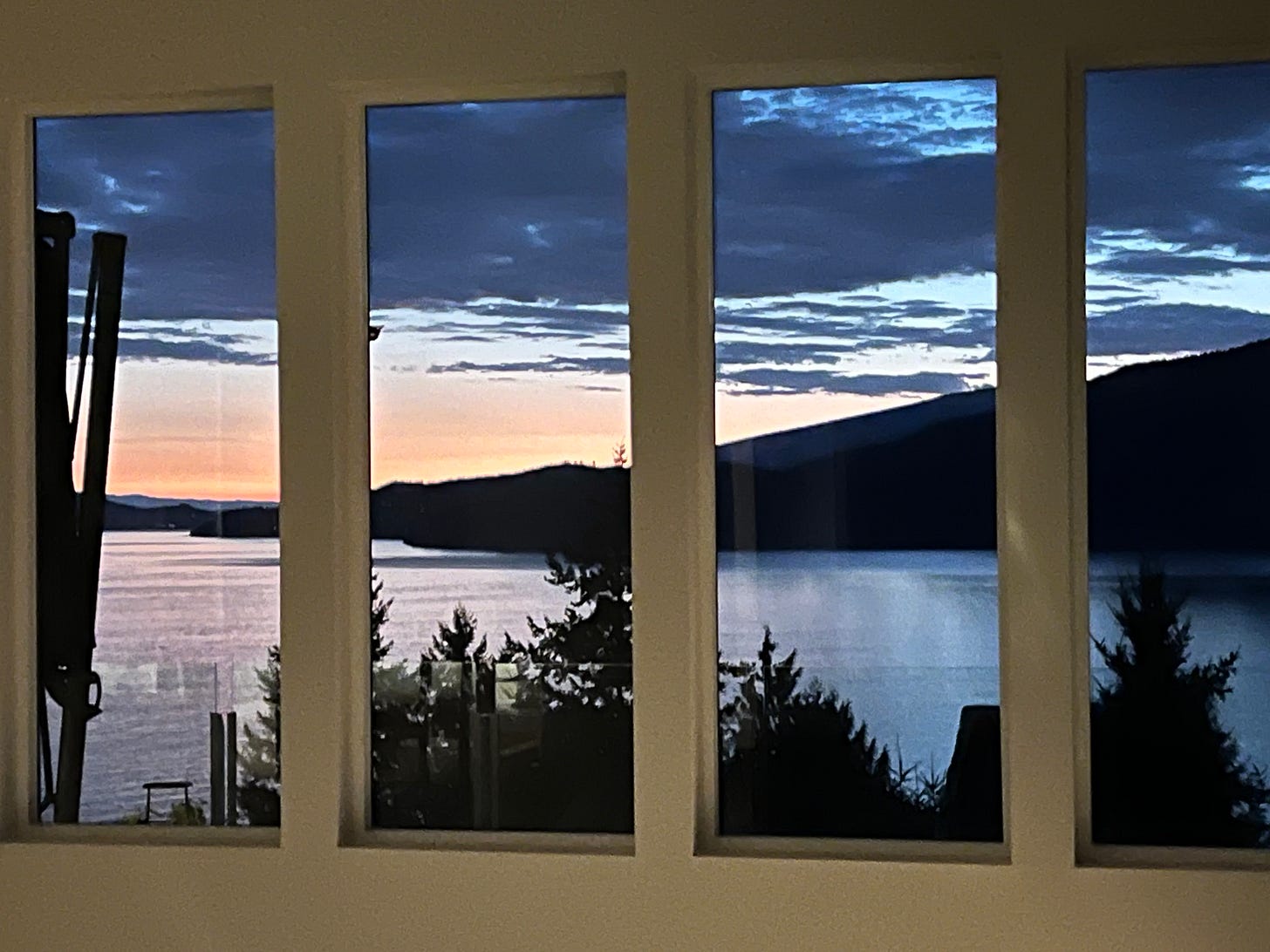Writing, regrets, and ambition after 70
A Q&A with K.R. Dodd on new possibilities and how her writing has changed.
Old age is hard to imagine when you’re young, and by the time you’re officially “old,” it’s hard to articulate what it’s really like. The goal of this newsletter is to dive deep, even when it’s uncomfortable, and to talk about the things we often associate with old age: disability, disease, cognitive decline, and, of course, the hard stop of death. But I also want to talk about the things that come up much less frequently, like how hard it is to slow down, continuing to seek acceptance and approval, taking great pleasure in small things, and feeling called to creative endeavors.
And now for today’s Q&A with a [b]old woman
“I don’t feel like I have to prove myself anymore. If I compete at all, it’s with myself, striving to make my next novel or article better than the last.” -
Today I’m bringing you a Q&A with a [b]old woman writer. I hope you’ll enjoy getting to know this remarkable woman as much as I did.
is the author of crime and political thrillers, has done a variety of things throughout a long career, including teaching, coaching small business owners, and starting a catering company. She published her first crime thriller at 58. Like me, she makes her home in a tiny coastal village on what I call the opposite coast, Canada’s British Columbia. I live in Stonington, ME on the East coast of the U.S., in a small fishing village.I invited K.R. to do a Q&A because she is the kind of Substacker who comments and “likes” a lot (which I so appreciate, as do others) and because I loved the symmetry of our coastal villages. I also wondered what else we might have in common as writers and as women in our 70s. A fair amount, as it turns out. One difference is that K.R. is extremely courageous in the face of her current life circumstances. But like many of the older women writing on Substack (over 60 or 70 or 80), she is willing to experiment, to take risks, and to explore new topics, however difficult.
At 70, she is not done yet.
DW: You live in a small coastal village1 like I do. What is your life like?
KRD: I live in a tiny seaside village (population 1,500) in the Pacific Northwest, surrounded by mountains. It’s a tight community, which I’ve always felt, but never more so than when my husband was diagnosed with a rare and inoperable cancer. I’ve never been a city girl but we wanted to be close to a city (Vancouver) for the culture, and yet live in a rural area. My front yard is Howe Sound that changes daily and is my grounding force. My backyard is the mountains. Living here, I’ve learned how connected we all are, and it’s certainly taught me to be a warmer, kinder person. As an only child of staunch British parents, I think I was meant to learn those lessons as an adult.
DW: You don’t say much about this in your newsletter, but your husband’s cancer diagnosis must be very challenging. And I know you are taking care of him and accompanying him for treatments. How is this impacting the rest of your life, and your writing?
![[B]OLD AGE with Debbie Weil](https://substackcdn.com/image/fetch/$s_!i8Z0!,w_80,h_80,c_fill,f_auto,q_auto:good,fl_progressive:steep,g_auto/https%3A%2F%2Fsubstack-post-media.s3.amazonaws.com%2Fpublic%2Fimages%2Fdaaca764-d8d6-4a1b-bf58-61dbb72810fc_842x842.png)
![[B]OLD AGE with Debbie Weil](https://substackcdn.com/image/fetch/$s_!fEcd!,e_trim:10:white/e_trim:10:transparent/h_72,c_limit,f_auto,q_auto:good,fl_progressive:steep/https%3A%2F%2Fsubstack-post-media.s3.amazonaws.com%2Fpublic%2Fimages%2F95ad4442-e435-4ebc-a8d2-9c9b89a8bdb6_2100x400.png)



